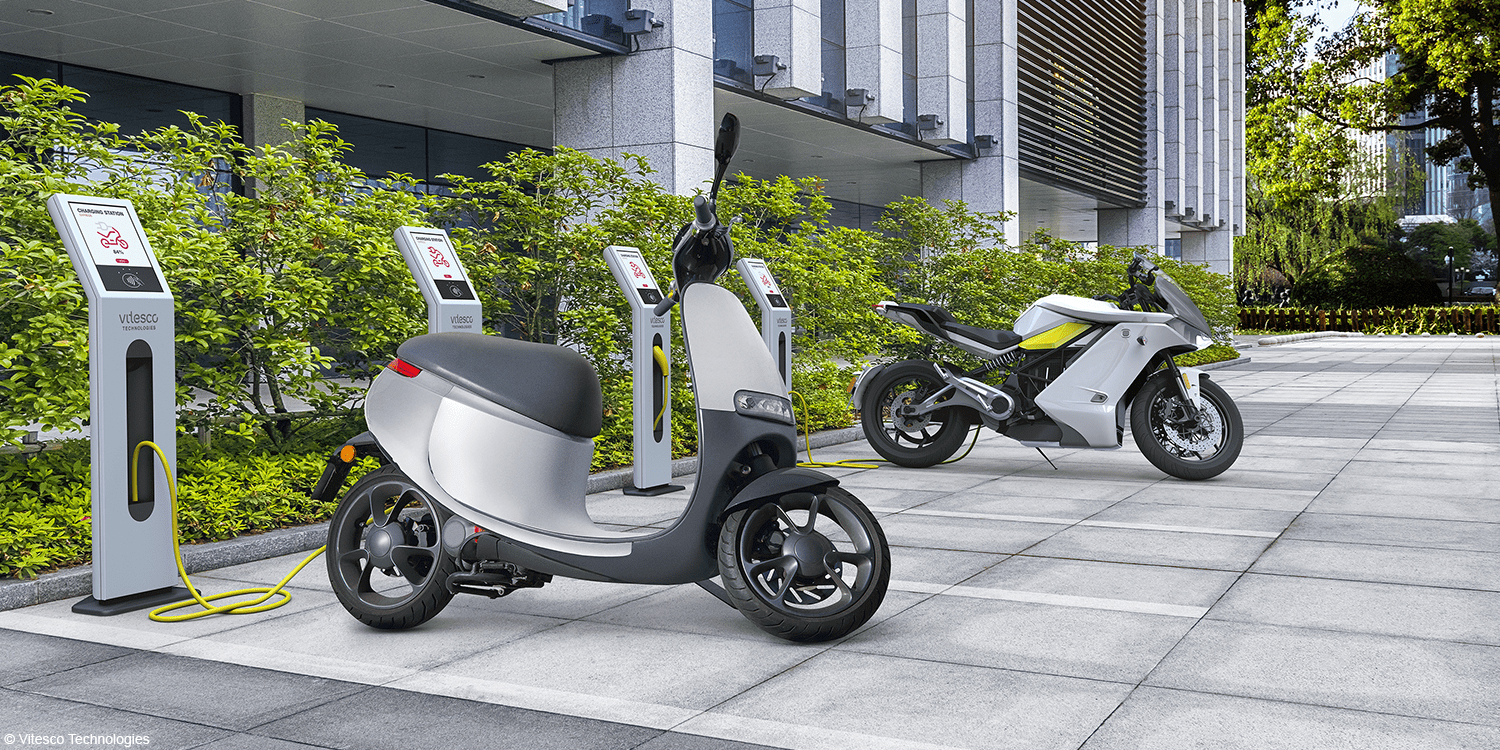Vitesco holds out the prospect of "significant improvements" for e-cars
The automotive supplier Continental spun off its electromobility business into Vitesco AG a good year ago. The newly created company is fully focused on components for electric vehicles and aims to achieve sales of a good five billion euros with electrification by 2026. In an interview with the trade journal Automobil Produktion, Vitesco board member Thomas Stierle, responsible for Electrification Technology and Electronic Controls, explained what Vitesco plans for a successful future and how the company intends to make e-cars more efficient.
"The automotive industry is going through a phase of transformation right now - away from the combustion engine, towards electric drives," Stierle said at the beginning of the interview. Vitesco's goal is to "also produce competitively in Germany in electric mobility", however, Germany has "some disadvantages in global competition" and therefore it is "important to adapt our locations to the changed circumstances". Since components will be manufactured with a higher degree of automation in the future, staff will be reduced. At the Nuremberg site, for example, up to 800 of a good 1200 jobs are to be eliminated by 2026. Vitesco emphasises that the job cuts will be implemented in a socially responsible manner.
Vitesco wants to align its portfolio "independently of the energy source". The supplier's products are therefore to be used in mild and plug-in hybrids as well as in purely electric or hydrogen cars. "However, we assume that in the passenger car sector the fuel cell drive will remain a niche product," says Stierle. The components for hydrogen vehicles that Vitesco produces include electric drives, control units for fuel cell applications as well as sensors and actuators. Not in the portfolio, he says, are fuel cell stacks, i.e. the component in which the electrical energy is generated that powers the fuel cell vehicle.
Stierle expects great progress "in the field of electronics as well as in the field of electric drives". Here he holds out the prospect of "substantial changes" that will "influence the overall efficiency of electric driving", in short: enable more range with the same size batteries. Specifically, the Vitesco board member cites power semiconductors for inverters as an example. "The more efficient these inverters are, the more range they have with the same battery," says Stierle. Here, a change from silicon to silicon carbide (SiC) is currently taking place. This should bring "significant improvements of about seven per cent, and with intelligence in the control even nine per cent - and thus a correspondingly higher range."
In the case of chargers and DC/DC converters, too, the focus is increasingly on efficiency, for example to "reduce the effort for cooling and make packaging lighter". All these innovations should be able to "make up for the existing cost disadvantage (of e-cars; ed.) with increasing volume", says the manager. Stierle also observes "strong developments in batteries", where Vitesco is not active in the cell sector itself but is developing "efficiency-enhancing solutions for battery management", such as wireless battery management.
Stierle praises the impetus of the EU's Fit for 55 packages, which has triggered a "strong trend towards sustainability". The package sets targets for the entire value chain and the carbon footprint of the automotive industry, among others. This accelerates innovations in areas such as "critical materials, recycling, remanufacturing and second life".
